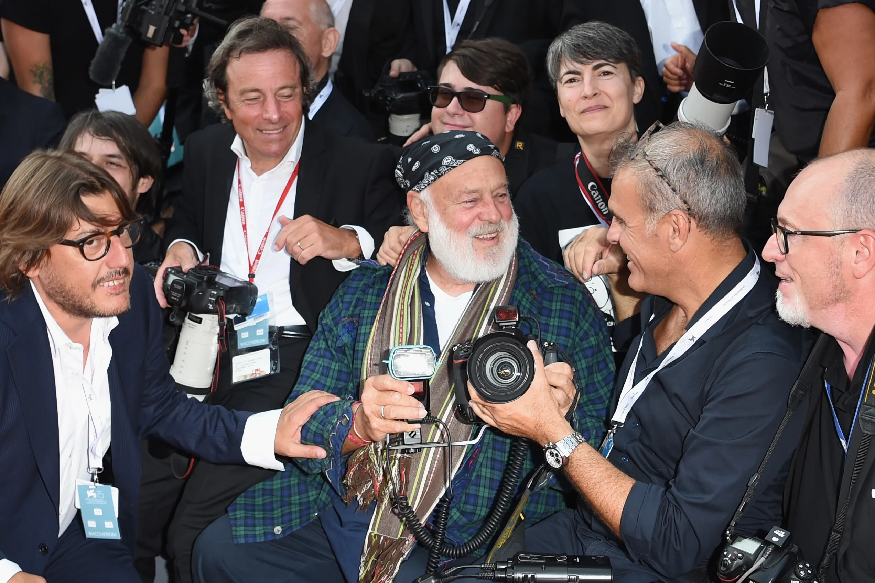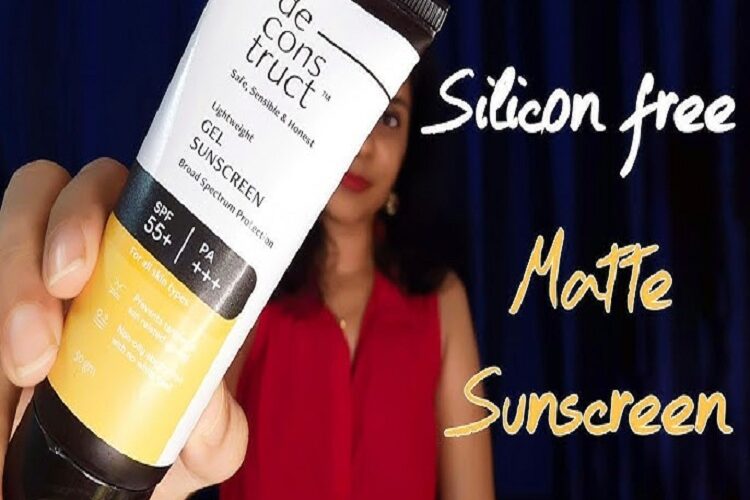Editorial photography is the art of capturing photographs for varying publications. Periodicals, magazines, and newspapers, all of them need photos to go with their stories. Editorial imagery and photography hence is extremely critical. In fact, a good editorial image can be a real difference maker for media relations success. But not everyone knows how to capture striking images that instantly grab the attention of the viewers. Their experience and photography knowledge enabled Bruce Weber Photographer and similar artists to become successful in editorial photography. To gain similar success, one needs to be proactive and keep working towards perfection.
Bruce Weber Photographer talks about the approach to maintain to capture perfect editorial images
The first and foremost step of good editorial photography is to take time to think about the target audience. A good understanding of the target audience, including both potential readers and media contacts, would aid in determining the formality and style of the shot, as well as the message to be conveyed visually. If the goal of the photographer is to attract national media coverage, then they have to get creative and pull out all the stops to ensure that the shot tells the relevant story in a striking manner.
The contemporary society is pretty much visually inclined. Amateur photographers can be seen in almost every house. After all, everyone does have the technology in their pockets that helps them to capture big moments when they happen. Several million images are uploaded on varying social media websites every day. Hence, this rise in online photography has obviously raised the bar for editorial photos. This trend has even increased the demand for professional, well-composed editorial images. After all, modern magazines and news outlets need attractive visual content to appeal to readers with shorter attention spans. With the recent trends, the demand to be more creative also crops up. Modern editorial photographers need to experiment and try their best to capture compelling shots. It is common to see out-of-context positioning, quirky staging, and natural shots in magazines today to pique reader interest.
For consumer and national media, blatant product placement and corporate branding is a major turn off, especially in regard to editorial photography. Moreover, media outlets are not in the habit of providing free advertising, and avoid doing so whenever possible. A good editorial image must be able to get across the core essence of a brand, without having brand logo explicitly featured within the image. The inclusion of key stakeholders is alright, but as long as they are important to the story being pitched. The best editorial shots always appear un-posed, natural, and authentic.
Bruce Weber Photographer is renowned for bringing vitality and life to his editorials for GQ and other men’s magazines. He often incorporated women children, and animals in the images, which helped project a comprehensive view of an American lifestyle and made the images more appealing to the viewers. People can check out photos captured by Bruce and his contemporaries to gain inspiration for taking impactful editorial photos.




